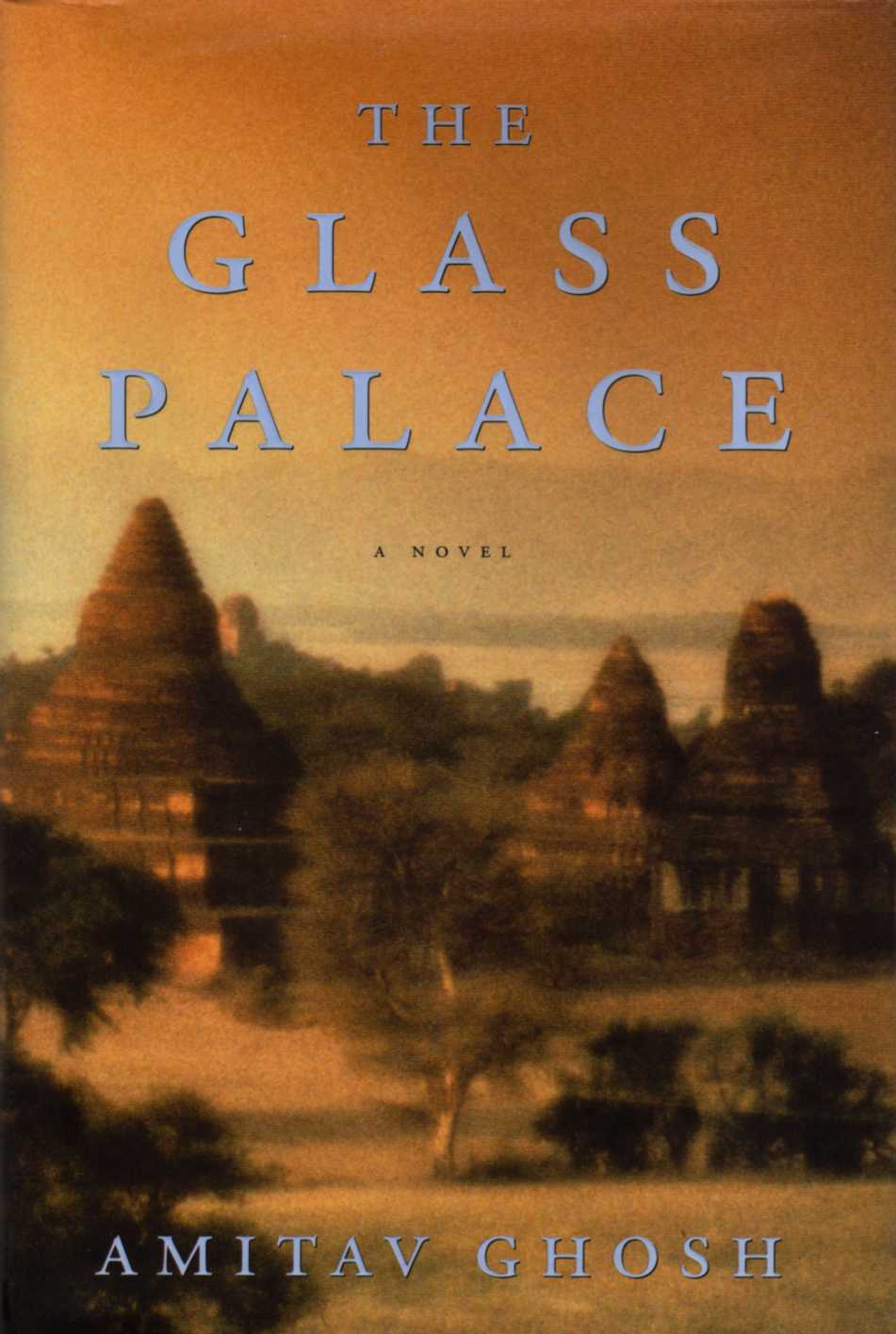01 Jun / The Glass Palace by Amitav Ghosh [in aMagazine: Inside Asian America]

 A startlingly complex novel, The Glass Palace opens with a literal bang, as British cannons thunder over the noise of a busy Burmese marketplace in 1885. A historical work that sweeps over a century through Burma, Mandalay, and India, Palace introduces Rajkumar, an 11-year-old orphan presciently named “Prince” by his dead mother. As the British storm Burma, overtaking the famed Glass Palace, home of the final Burmese king, Rajkumar has a chance encounter with Dolly, a 10-year-old royal servant. Years later, as a man made wealthy by the Burmese teak trade, Rajkumar seeks and marries Dolly.
A startlingly complex novel, The Glass Palace opens with a literal bang, as British cannons thunder over the noise of a busy Burmese marketplace in 1885. A historical work that sweeps over a century through Burma, Mandalay, and India, Palace introduces Rajkumar, an 11-year-old orphan presciently named “Prince” by his dead mother. As the British storm Burma, overtaking the famed Glass Palace, home of the final Burmese king, Rajkumar has a chance encounter with Dolly, a 10-year-old royal servant. Years later, as a man made wealthy by the Burmese teak trade, Rajkumar seeks and marries Dolly.
While the first part of the novel reads like a major epic – you can just imagine the violin scores and the hero riding off in the sunset! – the second half turns intellectual and overtly political, almost didactic with characters like Arjun, an officer in the British Army, the product of the mighty British Empire cloning themselves in Indians who are only Indian in color and name. Arjun is in sharp contrast to his fellow officer Hardy, who, in spite of his ironic nickname, is the less polished, the less Anglicized, even defective version of the Imperial clone. But then it’s Hardy who’s ready to desert the Empire and free India from British rule.
Not surprisingly, when Ghosh was recently named the Eurasia regional winner for the 2001 Commonwealth Writers Prize, he asked that his name be withdrawn, due to objections he had about the classification of books like his under the term “Commonwealth Literature,” explaining, “[I]t is completely unlike any other literary term (would it not surprise us, for instance, if that familiar category ‘English literature’ were to be renamed ‘the literature of the Norman Conquest’?).” He’s got quite the point there, not to mention a matching sense of humor to go with!
Readers: Adult
Published: 2001
